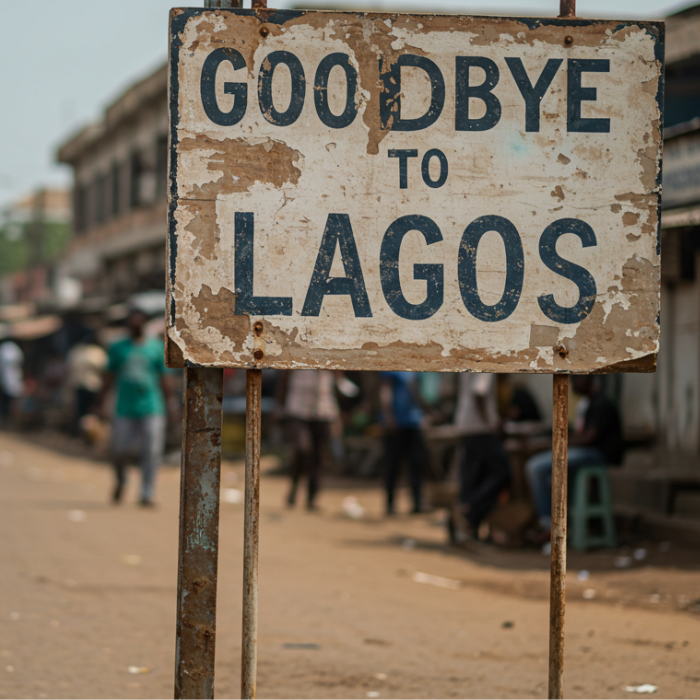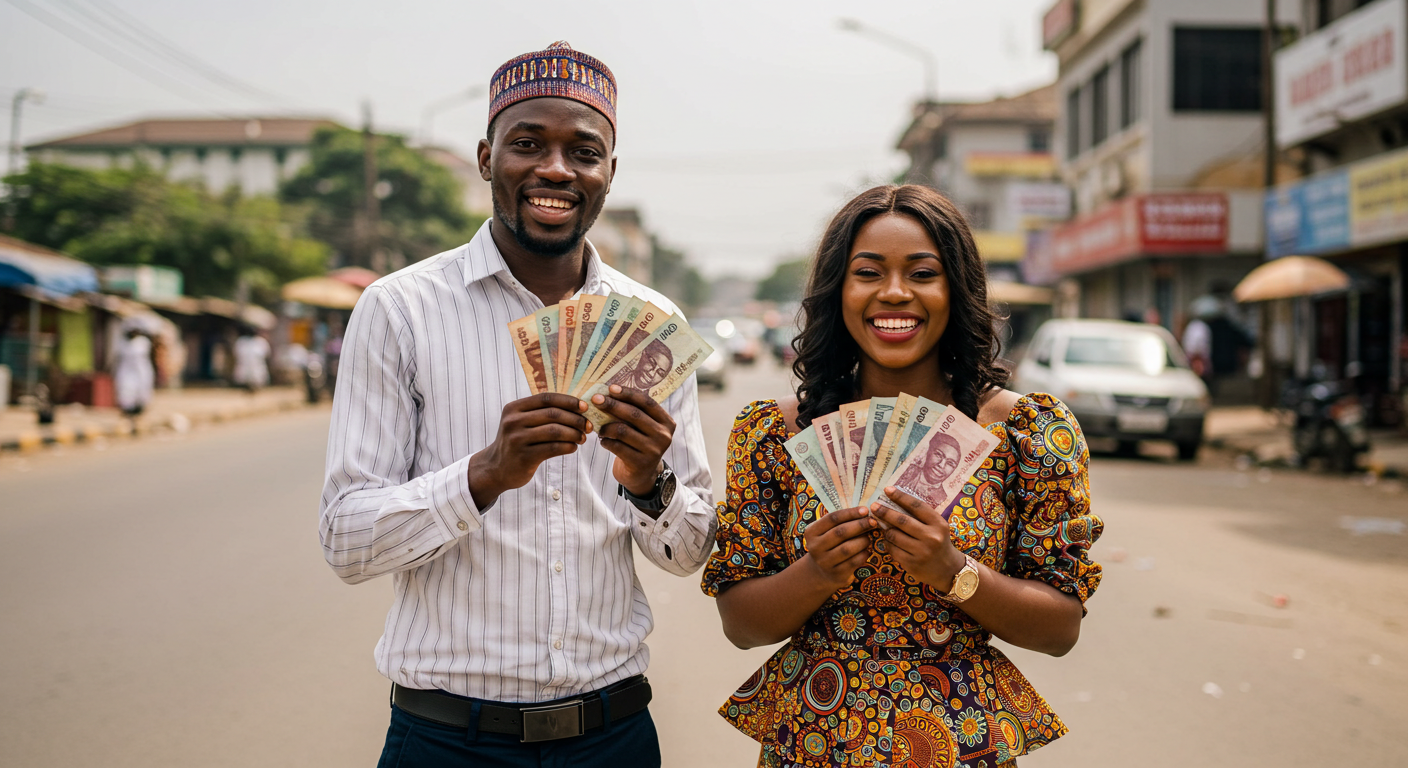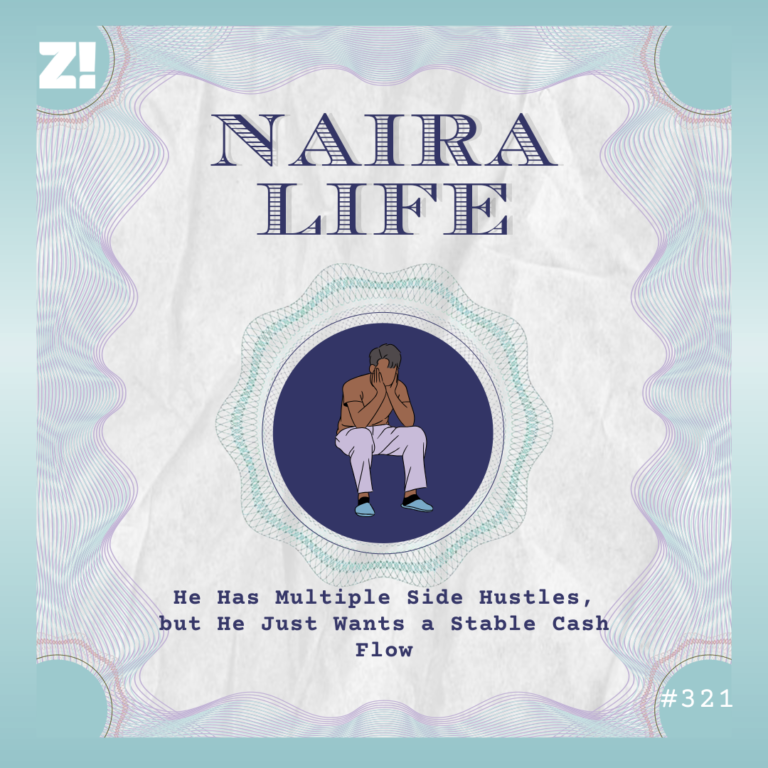Abike* (30) has known she’d be a pastor’s wife since she was 19. But she’s married to one now, and it’s not what she expected.
She talks about her husband’s habit of giving money away to the church and how it’s contributed to financial uncertainty in the home.
As told to Boluwatife

Image: Canva AI
I don’t doubt that God called me to be a pastor’s wife. At 19, I was already active in my local church and university fellowship, and it was easy to predict that I’d marry a committed Christian, too.
My life revolved around school, church and fellowship activities. All my friends were from these circles, too. If you know how uni fellowships work, you’d know that marriage is a common topic. Christian students are encouraged to seek God’s will for their marital lives instead of dating casually. So, I’d begun praying about my future spouse and home even before I was ready for marriage.
Because of these prayers, I believe I heard from God, confirming my prediction that I’d marry a pastor. So, when my husband, Goke*, proposed to me in my final year in 2015, my response was a quick “Yes.” Goke was one of the fellowship pastors, and I didn’t doubt he was God’s will for me.
I still don’t doubt that Goke was meant to be my husband, but I’ve had reasons to reconsider if I really knew what being a pastor’s wife would entail.
Goke and I got married in 2017, and I thought I had a decent idea of what being married to a pastor would be. I’m close to several pastors’ wives and knew the position would come with many sacrifices.
I prepared to share my husband’s time with the church and members who needed him. I’d also mentally prepared to always cook in excess so I could entertain the countless visitors I knew we’d have. I was even ready to have my husband travel for days to different locations for ministry work.
I didn’t prepare for the financial uncertainty that came with the position. While we were still courting, I learned that Goke received a decent monthly salary from the head church that oversees the fellowship. In 2016, it was around ₦80k. Now, it’s almost ₦200k. He also lived in an apartment provided by the church, so I was confident we wouldn’t struggle with money or beg to feed.
I should mention that money was one thing I struggled with when I first realised I’d marry a pastor. I’ve heard stories about how full-time pastors and their families typically struggle to feed themselves because they lack a consistent income, and I prayed to God to help me with this.
I told God I was willing to accept His will to marry a pastor, but I wanted a pastor who could provide for his family. My parents weren’t rich, and I’d grown up seeing my mum hustle to support my dad and put food on the table. I didn’t want that for myself.
So, learning Goke received a salary from the church helped allay any minor fears about poverty that tried to spring up during our two-year courtship.
But it turned out that I shouldn’t have worried about whether Goke received a salary or not; I needed to worry about Goke himself.
My husband is a very generous giver, especially toward the things of God. He believes that sowing financial seeds and spending all your money to move God’s work forward and help His people is one of the most important forms of worship.
On multiple occasions, Goke has received his salary and immediately transferred it to one senior pastor somewhere, sent it to the church account as a seed, or even paid someone’s school fees. He does this based on “divine instruction.”
Often, he completes these instructions before telling me because he knows I’d most likely disapprove. We’ve had several arguments about his almost obsessive desire to spend all his money on God and disregard his family. My husband’s defending argument is always, “God will never leave us stranded.”
But we have been stranded sometimes. We have two children now, and I’ve had to take loans from my siblings on three different occasions to pay school fees.
I still don’t know why I didn’t see this part of him during courtship. Maybe it’s because I never asked him for money or expected him to buy me gifts. Perhaps if I’d billed him, I’d have realised he was almost always broke and traced his financial situation to his constant sacrificial giving.
For about two years now, I’ve deliberately tried to reduce my objections to his financial decisions because it makes me look like an unbeliever. Goke doesn’t understand why I try to rationalise instructions from God, and he says it shows that my faith is small. So, I’ve decided not to interfere anymore.
Instead, I’m focusing on aggressively saving and building a safety net without Goke’s knowledge. I fear that Goke will make us bankrupt one day or that we’ll have an emergency and no one to beg loans from, so I’m preparing for that day.
I don’t make that much from my job as a caterer, but I ensure I save at least ₦20k/month after handling the necessary expenses like feeding and clothing. It’s very tough because it means I have to deny myself many things.
I now trek to my shop most days to save on transport fare, and I had to sack my children’s nanny to save extra money. But I get comfort knowing I have a safety net to fall back on if the worst happens.
Right now, I have about ₦300k saved up. It would’ve been more, but I removed ₦100k a few months ago to support my mum’s surgery fees. My husband still doesn’t know how my mum got the money to complete her surgery.
Sometimes, I think about all the hiding I have to do, and it annoys me. My husband should be able to help me enjoy a sense of financial security, but I have to struggle to build a safety net because I can’t trust him to be there in an emergency. I’ve also had to bail him out several times when he’s broke.
I guess that’s part of what comes with marrying a religious man. I just wish I’d known this part of him before marriage. I’d have started saving earlier.
*Names have been changed for the sake of anonymity.
NEXT READ: I Almost Lost My Marriage Over a Stupid Crush




